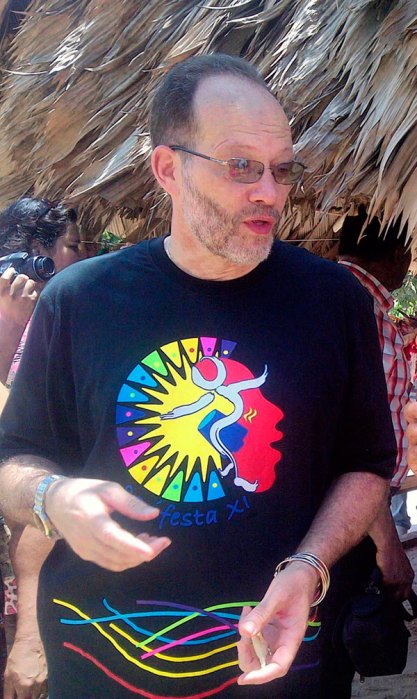Foreigners who obtain local citizenship and travel documents through the controversial passport for dollar investment scheme will have full rights to travel and live anywhere in the 15-nation group of countries a regional leader said Wednesday.
Antiguan Prime Minister Gaston Browne said countries like his and other Eastern Caribbean states with Citizenship Investment Programs (CIP) stoutly defended the rights of outsiders who pay for their citizenship and local passports by spending hundreds of thousands of dollars in investment schemes to have similar rights as people born in the region.
“Our founding treaty has made it clear that you cannot discriminate against anyone. A citizen is a citizen no matter how you look at it,” said after a spirited discussion on the issue earlier on Wednesday.
Some of the other states which do not have or have no interest in the dollars for passport scheme had suggested that the newer citizens should not have full rights to rules allowing them to establish businesses in the duty free, single market area but Browne said agreement was reached that countries cannot discriminate against the new comers.
Countries with CIP schemes include Grenada, Dominica, St. Lucia, Antigua and St. Kitts. St. Vincent which has said it has no plans to go that route under the current administration, was one of the countries which had objections. Jamaica has said that it is considering a similar scheme.
He said objecting countries were pointed to a recent ruling by the Trinidad-based Caribbean Court of Justice in the case of a Jamaican woman who was body band cavity searched by Barbadian immigration officials several years ago.
She sued and won. The court had ordered officers to ensure citizens of the bloc who enter any member state be given the six-month stay period without a work permit as per rules in the free market.
Caribbean governments are to organize a global conference on actions taken by American commercial banks to cease doing business with counterparts in the region and Latin America and have also asked for a temporary cessation of severed ties.
The issue was a key agenda item of the three-day leaders summit due to end here late Wednesday.
Meanwhile, Antiguan Prime Minister Gaston Browne said exasperated leaders are going to appeal to U.S. lawmakers and bank heads to stop cutting ties with agencies in the 15-nation group “to give us some breathing space” while they bring together legislators, NGO’s, bank owners and others at a massive conference on the issue later this year. The conference is to be held in the Caribbean.
“We have decided as well as to hire a well established American lobbying firm to lobby on our behalf, to make representation for us on this question of derisking by American banks. At this point we want to ask them to stay their hand,” Browne said Wednesday.
Banks across the region, locally owned ones in particular, have been cut off by American mega banks in recent years, forcing the region to look for alternatives to process credit card payments, wire transfers and check chasing transactions among others.
Browne said leaders did toy with the idea of the region setting up its own bank or clearing house on U.S. soil but no decision was taken as the move now is to take the lobbying campaign globally.
In the meantime, British Crown Agents Bank is moving through the region exploring the possibility of taking up the slack left by those such as Bank of America and JP Morgan Chase.
Meantime, Belizean Foreign Minister Wilfred Erlington said that the country’s Central Bank has been able to establish relations with smaller banks but they too soon quit because of increased pressure from U.S. regulators to scrutinize transactions from the region.
“Our transactions are small and the costs of doing business with us is so high so the banks have taken the position that it is just not worth the time. Africa and Latin America are also feeling the squeeze.”
























